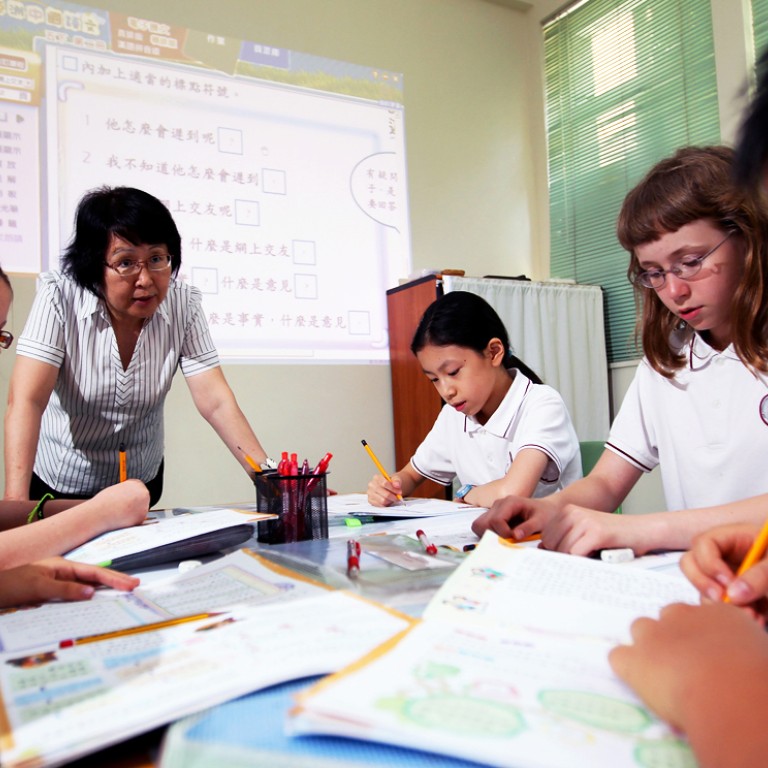
Hong Kong educators slam low-performing applied Chinese courses
Classes criticised as poorly prepared attract just 150 ethnic minority pupils out of eligible 1,200
Two new Chinese-language instruction courses, designed mainly to give the city's ethnic minorities an alternative route to university qualification, have backfired as only 12.5 per cent of eligible pupils signed up for the programmes.
Just 150 pupils from 15 schools, out of the approximately 1,200 eligible, had enrolled in the two new Chinese courses offered as part of the government's applied learning programme for senior secondary school pupils, the has learned.
The two courses that started in February - Chinese used in service industries and Chinese used in hospitality professions - met with scepticism from education professionals when they were announced in December.
The educators said the local community had been asking for a curriculum in Chinese as a second language for more than a decade, but the government's fragmented solutions, including the applied learning courses, had not been sufficient.
"Applied Chinese courses are only piecemeal support to students. The fact that the government is adamant on not creating a long-term learning strategy and curriculum for Chinese as a second language is a thinking beyond me," said a secondary school principal, whose school chose to enrol some pupils in the new courses. "It falls short of dealing with the root problem."
The principal, who spoke on condition of anonymity so as not to affect pupils, said the school decided to take the extra option and "hopes for the best", despite initial scepticism.
Government statistics show that there are some 1,200 Form Four pupils of ethnic minority descent who are therefore eligible for the two-year courses, which include 270 hours of class. In all, 267 secondary schools have ethnic minority pupils.
The principal said the service providers - Baptist University and the Hong Kong College of Technology - only had a short time to prepare, which may have affected the courses' quality.
The results of the courses will be accepted by tertiary education institutes as a substitute for the Hong Kong Diploma of Secondary Education in the subject of Chinese. Passing marks in the courses would also fulfil the Chinese-language proficiency requirements for entering the civil service.
A Chinese teacher at another school with ethnic minority pupils said the school decided not to enrol pupils because it was concerned about the quality of the course instructors.
Those instructors "don't have a lot of experience teaching Chinese to non-Chinese-speaking pupils; many of them are only part-time teachers with one or two years of experience", said the teacher, who also spoke under condition of anonymity. "It's tough teaching the Chinese language, and much harder teaching it as a second language."
The teacher said that he did not think the courses would be an advantage for pupils trying to learn Chinese.
